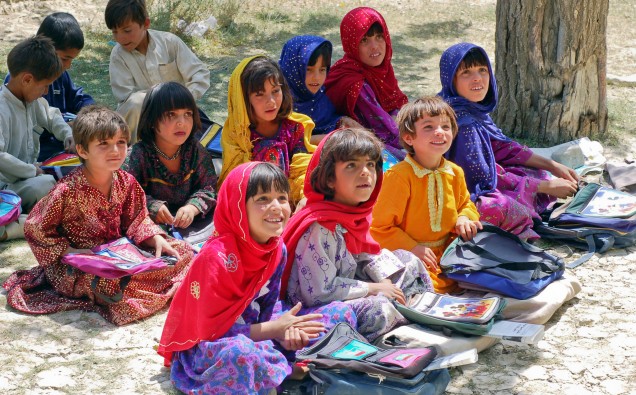
Language, as we call it the mother tongue, plays a very important in role the lives of nations. It creates, and shapes the literature of the society, and helps blossom the personalities of individuals.
Unfortunately, even in this 21st century in the presence of all modern devices, hundreds of millions of people are still unable to learn and get an education in their mother tongues.
That hinders the promotion of education and knowledge among people who use local languages and do not have access to some of the modern languages, especially in the least developed and far-off corners of the world.
While celebrating International Mother Language Day, the UN educational and cultural agency, UNESCO revealed that as much as 40% of people do not get an education in their mother tongue.
On linguistic diversity and multilingualism, UNESCO head Audrey Azoulay called “this priceless heritage of humanity.”
The focus this year is on inclusion, both in the classroom and in society.
“This is essential because when 40 percent of the world’s inhabitants do not have access to education in the language they speak or understand best, it hinders their learning, as well as their access to heritage and cultural expressions,” Ms. Azoulay said in her message for the Day.
“This year, special attention is being paid to multilingual education from early childhood, so that for children, their mother tongue is always an asset,” she added.
But the question remains, when and how will the people be able to get an education in their own language, and by doing so preserve the local language in the age of globalization.
Associate Editor Huma Nisar contributed to this report










